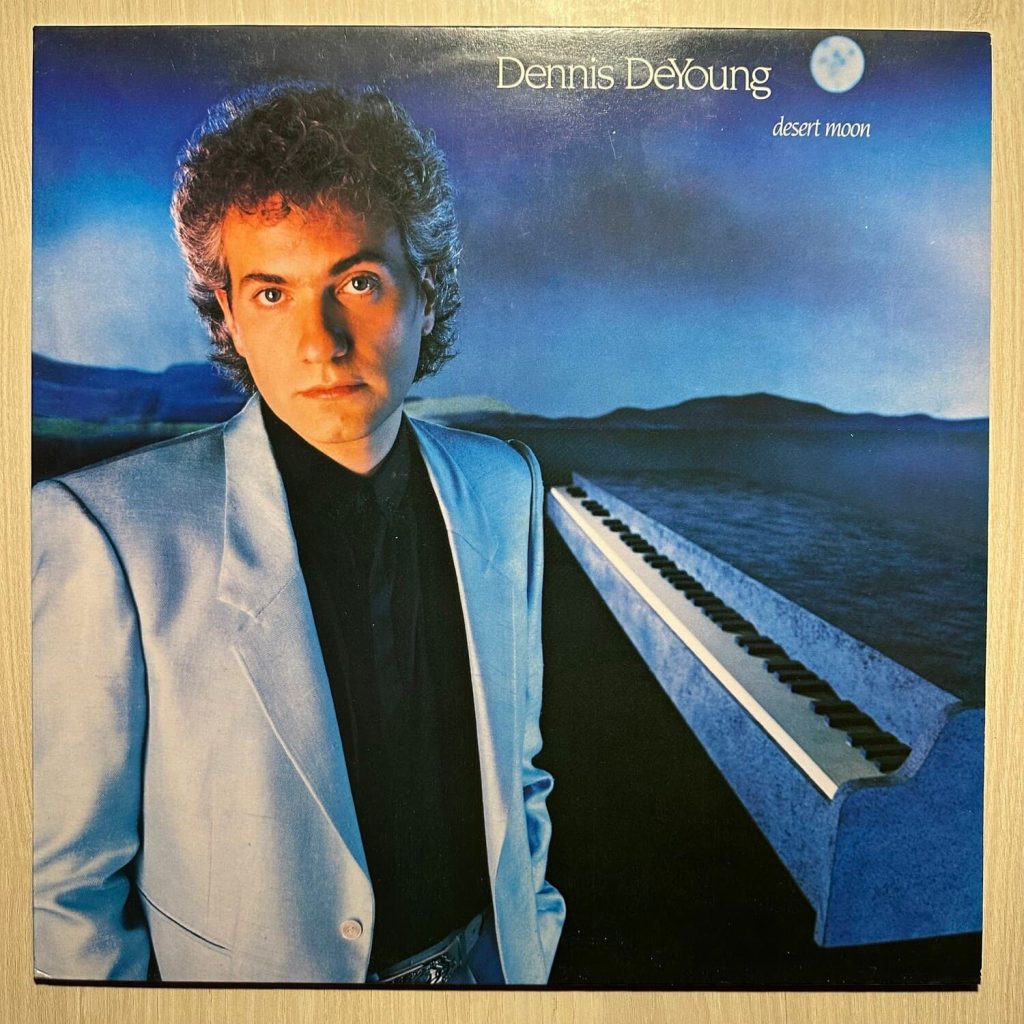
Dennis DeYoung – Desert Moon: A Haunting Journey Through Nostalgia and Longing
Desert Moon, the defining single from Dennis DeYoung’s debut solo album in 1984, is a poignant exploration of memory, love, and the passage of time. Initially conceived as a Styx song, its transition to DeYoung’s solo repertoire after the band’s breakup imbues the track with an added layer of introspection and personal significance.
The song’s narrative unfolds like a wistful reflection, painting vivid scenes of fleeting moments and unspoken feelings. DeYoung’s evocative lyrics tap into universal emotions—the yearning to reconnect with one’s past and the bittersweet realization that some things can never be recaptured. These themes resonate deeply, striking a chord with anyone who has ever looked back on their life with a mix of gratitude and regret.
Musically, Desert Moon is both grand and intimate. DeYoung’s signature keyboard work sets a lush, melancholic tone, while his soaring vocals bring raw emotion to the forefront. The gradual build of the arrangement mirrors the song’s emotional arc, moving from quiet introspection to a powerful crescendo that feels like a release of pent-up longing. The production balances a classic 1980s sensibility with timeless craftsmanship, allowing the song to retain its appeal decades later.
The music video, filmed in the evocative setting of Santa Paula, California, complements the song’s nostalgic themes. The rustic charm of the train depot and historic buildings serves as a visual metaphor for the journey into memory, grounding the song’s emotional core in tangible imagery.
Chart success affirmed the track’s impact, reaching No. 10 on the Billboard Hot 100 and earning a place among the top hits of 1984. Its commercial success was matched by its cultural resonance, as Desert Moon became a touchstone for fans of both DeYoung and Styx, demonstrating his ability to craft deeply personal yet universally relatable music.
Desert Moon remains a standout in DeYoung’s solo career, a testament to his songwriting prowess and his ability to connect with listeners on a profoundly emotional level. Its themes of nostalgia and self-discovery continue to captivate, ensuring its legacy as a heartfelt anthem for anyone seeking solace in the echoes of their past.